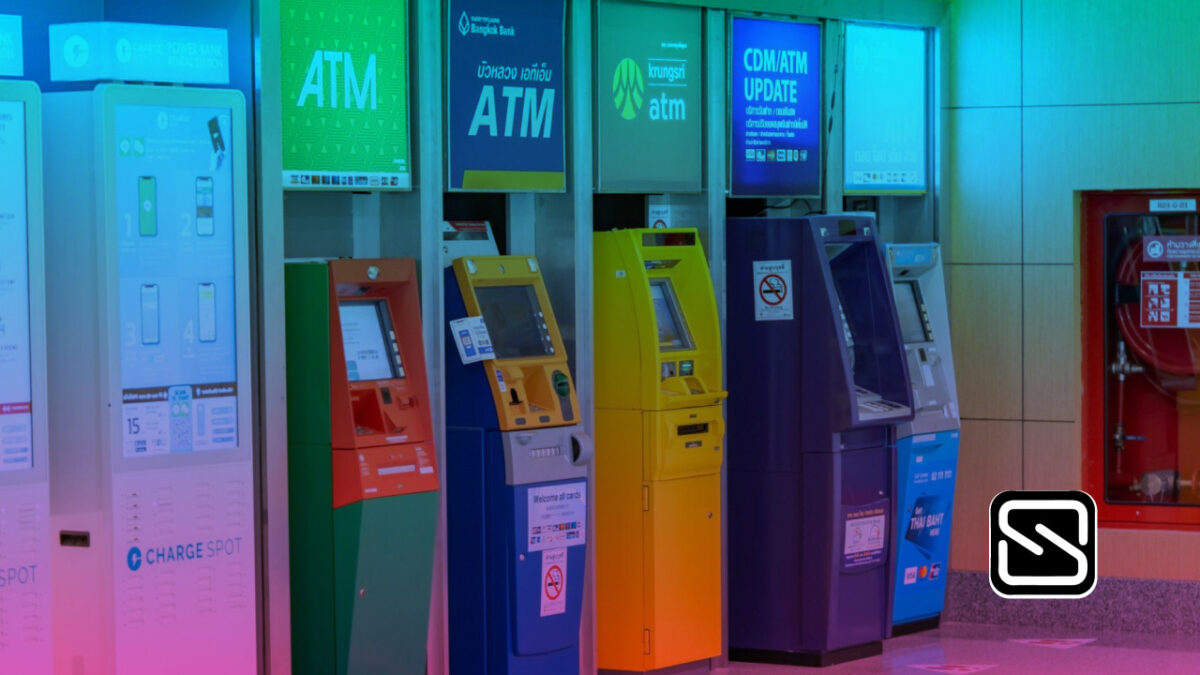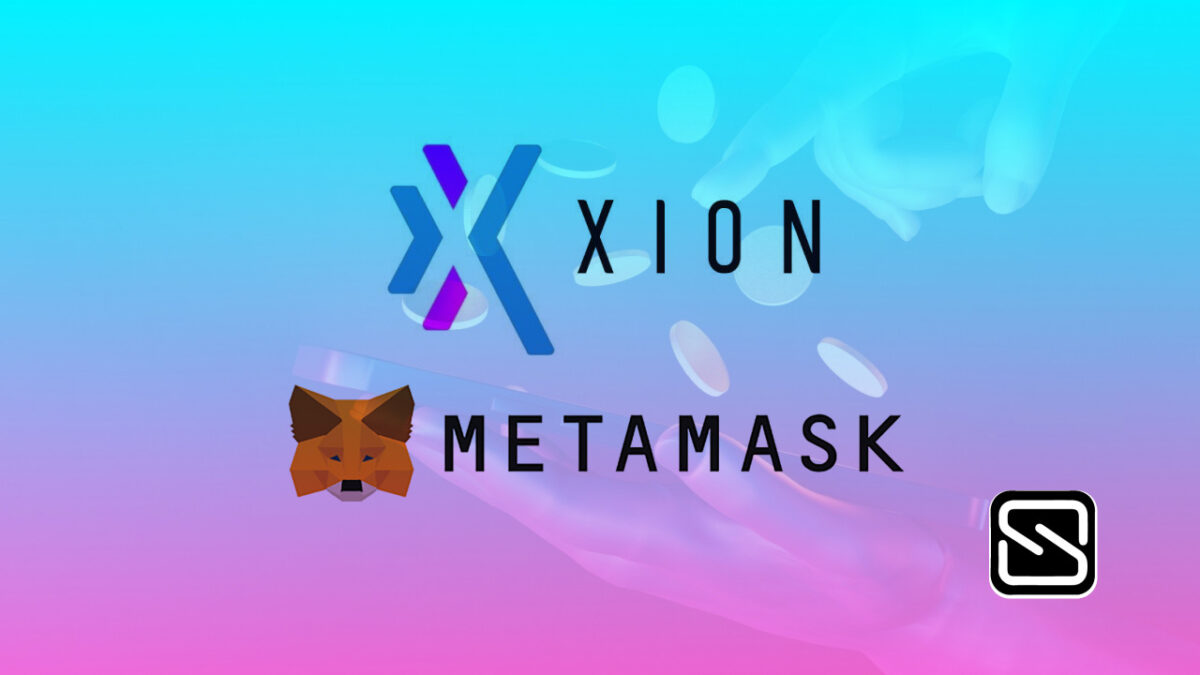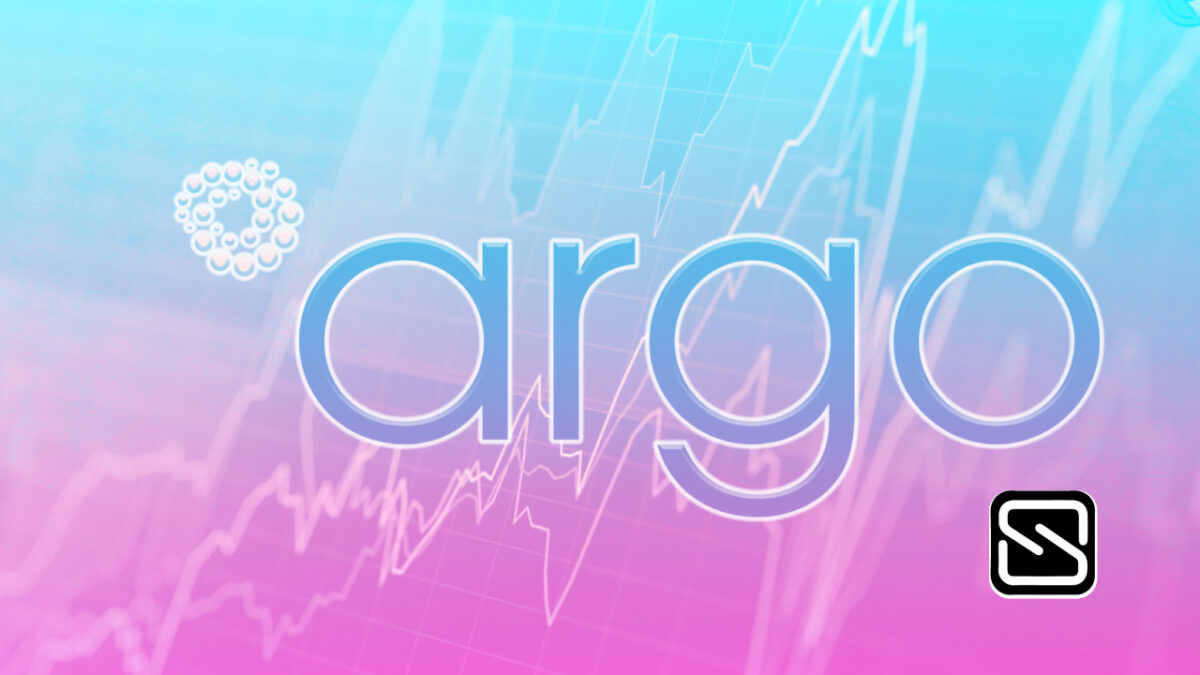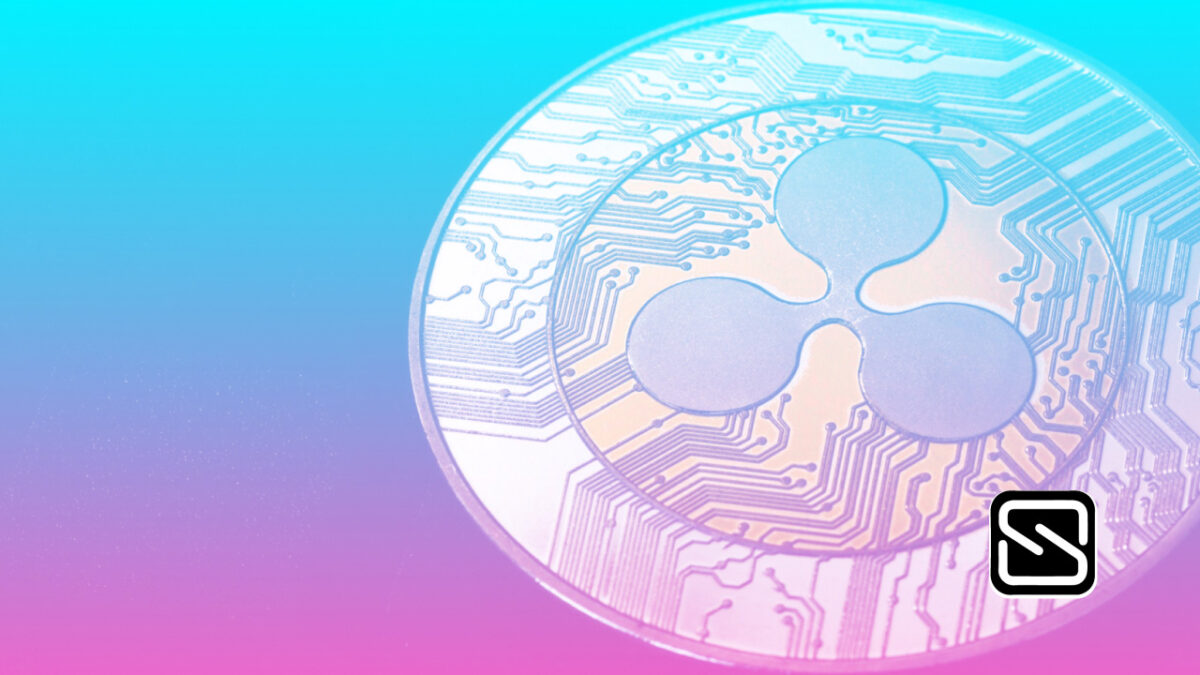WiCrypt, Africa’s pioneering blockchain-driven WiFi sharing network, has announced Onega Ventures as the exclusive distributor of its devices in China, marking a significant expansion into the Asian market for the startup.
Launched in 2018, WiCrypt simplifies WiFi access through its app, enabling individuals to share their mobile device’s connection or utilize a specialized WiCrypto hotspot creator device. These devices offer customization options, including surveys, advertisements, and data collection capabilities.
The network identifies connected devices through unique NFTs (Non-Fungible Tokens) linked to the blockchain. All transmitted data through these devices is instantly recorded on the blockchain via corresponding NFTs visible on the WiCrypt block explorer.
WiCrypt compensates WiFi hosts, with users paying for the service. Hosts also receive incentives in the form of the native token, $WNT, as a reward for maintaining consistent device uptime.
Currently, WiCrypt’s decentralized physical infrastructure boasts nearly 1,100 hotspots across 30+ countries, catering to over 45,000 accounts and facilitating the transmission of over 895 terabytes of data.
In 2021, following a $1.5 million fundraising round, the Enugu-based Web3 startup outlined plans for expansion into new markets, with China as a priority. With a population of 1.4 billion and 800 million active Internet users, China presents a significant opportunity.
Ugochukwu Aronu, WiCrypt’s CEO, stated, “We aim to replicate the successful WiCrypt network model in China, enabling everyone to earn passive revenue while utilizing the internet in their daily activities.” Aronu also highlighted Bruno YU, Onega Ventures’ COO and an early WiCrypt investor, as instrumental in the expansion into China.
In Nigeria, WiCrypt is supported by the Nigerian Communications Commission, which invested $5,500 during the startup’s early stages.
According to Aronu, “WiCrypt delivers last-mile internet access to those who need it worldwide, leveraging blockchain to ensure network security. Hosts stake $WNT to join the WiCrypt Network, reinforcing overall network security and preventing malicious actions by hosts providing internet connections to clients.”









